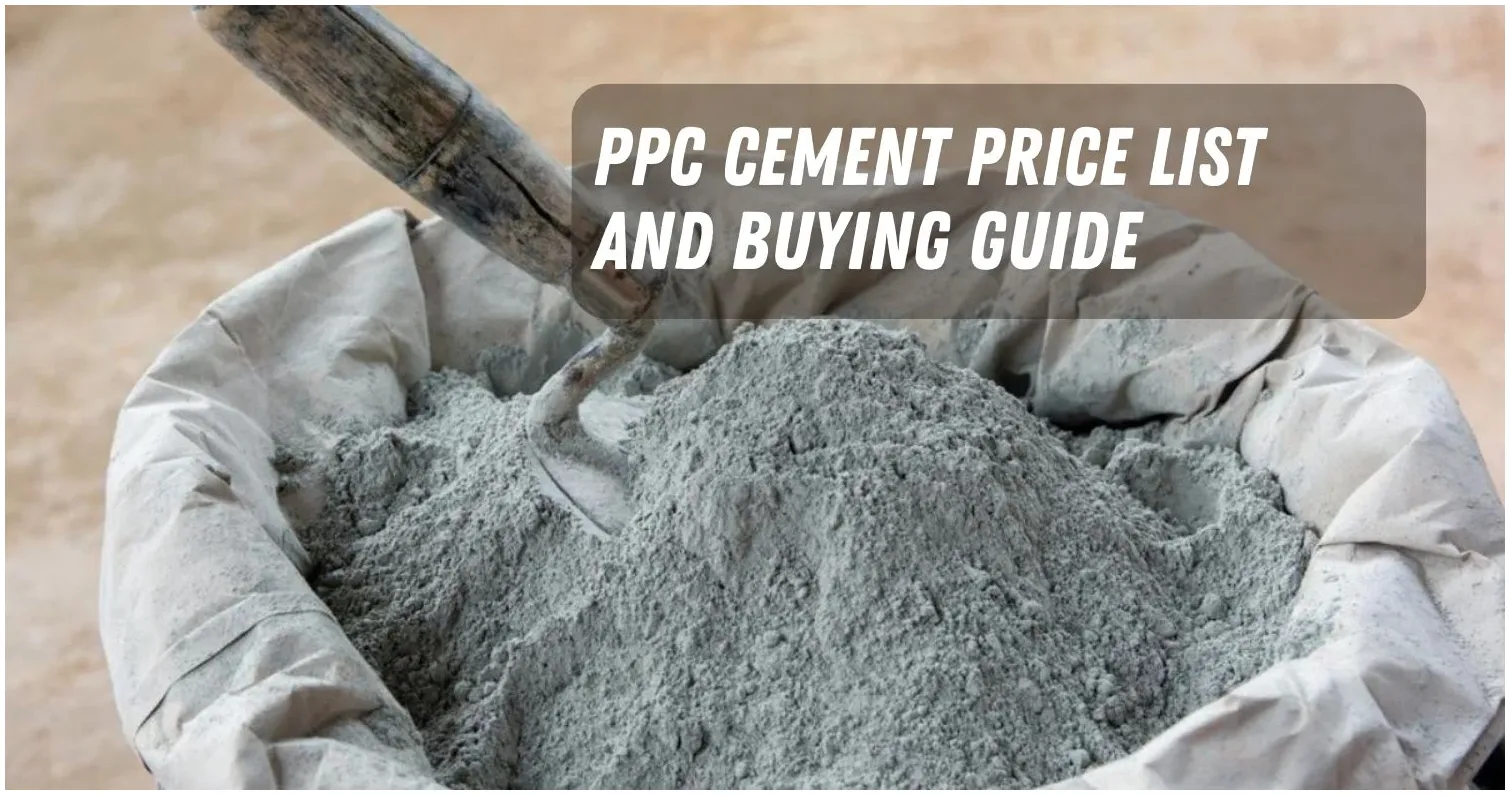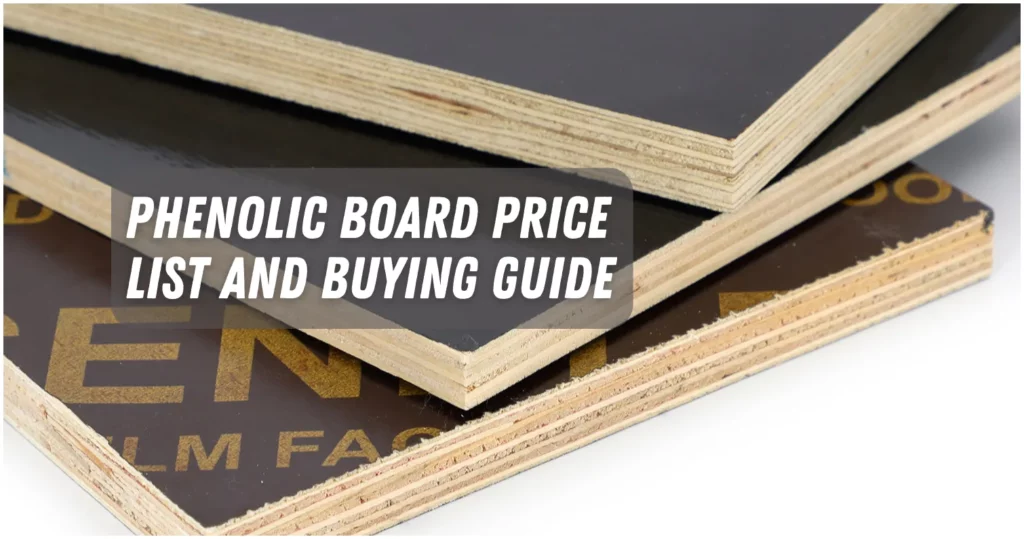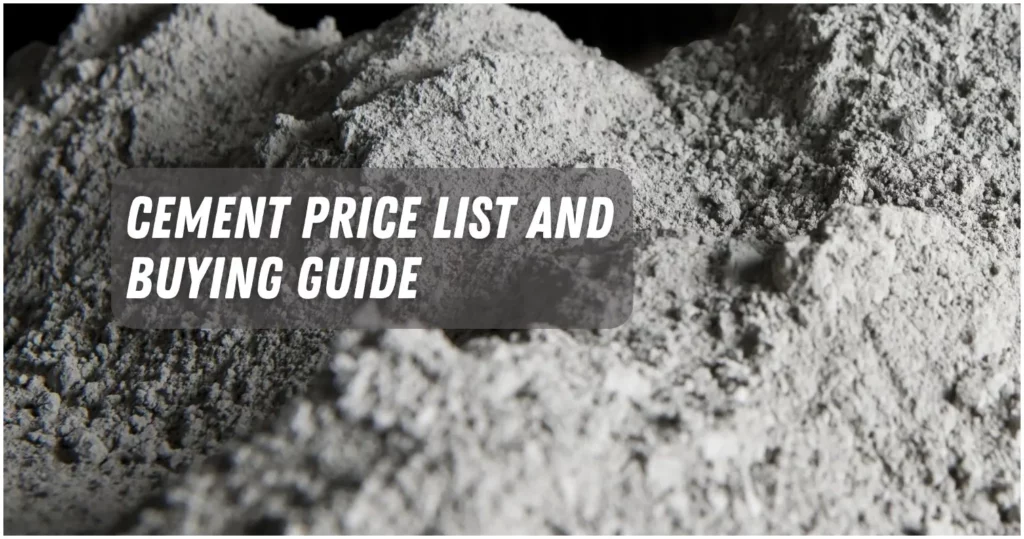Portland Pozzolanic Cement (PPC) price in Philippines is a popular search among construction professionals and homeowners planning to build or renovate.
PPC cement is a type of mixed cement that contains pozzolanic materials and usually price between ₱245.70 to ₱260 depend on the size.
These are natural or man-made materials that react with calcium hydroxide in the presence of water to form cementitious compounds.
Some examples of pozzolanic materials are fly ash, rice husk ash, silica fume, and volcano ash.
What is PPC Cement?

Portland cement clinker, gypsum, and pozzolanic materials are all ground together to make PPC cement.
The pozzolanic materials can be added while the material is being ground or as a different part after the material has been ground.
Depending on the type and source of the materials, the amount of pozzolanic materials can range from 15% to 40% by weight of cement.
Pozzolan cement, pozzolana cement, and Portland-pozzolana cement (PPC) are all names for PPC cement.
It is different from ordinary Portland cement (OPC), which is made by grinding only Portland cement clinker and gypsum, with no other ingredients.
PPC Cement Characteristic

PPC cement has some unique qualities that make it useful in many different situations. Here are some of these traits:
- Less heat is made during hydration, which lowers the risk of thermal breaking and makes the material last longer.
- Over time, it gets stronger, and after 28 days of healing, it can be up to 10% stronger than OPC.
- Because it is less permeable and less likely to be damaged by sulfates, it is more resistant to attack by sulfates.
- Better workability means the concrete mix will stick together better and move more easily.
- Increased durability by lowering the effects of alkali-aggregate reaction, chloride penetration, carbonation, and reinforcement corrosion.
PPC Cement Uses

Portland-pozzolana cement (PPC) can be used for various types of construction works, such as:
- Foundations: PPC cement has better resistance to chemicals and moisture in the soil, makes less heat, and keeps thermal stresses in large concrete buildings to a minimum.
- Columns: PPC cement has a higher final strength and lasts longer, which makes it easier for concrete and steel reinforcement to stick together when building columns.
- Walls: PPC cement makes it easier to work with and finish, which makes concrete walls less likely to shrink and crack.
- Slabs: PPC cement is more resistant to sulphate attack and chloride penetration, which makes concrete blocks last longer and be more durable.
- Beams: PPC cement makes beams stronger and last longer, and it reduces the chance of alkali-aggregate reactions and corrosion of the reinforcing steel.
PPC Cement Price List

In Philippines, the price of PPC cement depends on the brand, quality, amount, and region.
Here are the average price of PPC cement in the Philippines:
| Brand | Quality | Quantity | Price |
|---|---|---|---|
| Pozzolan | ASTM C595 Type IP | 40 kg bag | ₱245.70 |
| Republic | PNS 63:2006 Type P | 40 kg bag | ₱250.00 |
| Holcim | PNS 63:2006 Type P | 40 kg bag | ₱255.00 |
| Eagle | PNS 63:2006 Type P | 40 kg bag | ₱260.00 |
The prices may vary depending on the availability, demand, supply, and market conditions.
The prices may also differ depending on the delivery charges, taxes, discounts, and other factors.
Pros and Cons PPC Cement
PPC cement has some advantages and disadvantages compared to OPC. Some of these are:
Pros
- Less expensive: PPC cement is less expensive than OPC cement, which lowers building costs.
- Less damage to the environment: PPC cement uses leftover materials and has a smaller carbon footprint, which makes it better for the environment.
- Higher performance: PPC cement is stronger, lasts longer, is easier to work with, and is less affected by the environment, which makes concrete buildings better.
Cons
- Longer time to set: PPC cement takes longer to set, and it may also need more time to cure and admixtures.
- Less available: In some places or areas, PPC cement may not be as common as OPC cement.
- Less compatibility: PPC cement might not work with some materials, admixtures, or additives, which means more testing and quality control is needed.
Thing You Should Know about PPC Cement
Before using PPC cement for your construction works, there are some things you should know about it, such as:
- Which brand PPC cement is best?
The best PPC cement brand for you relies on your tastes, needs, and budget. Before you choose the best brand for your job, you should look at several options. - Is PPC cement waterproof?
No, PPC cement by itself is not waterproof. But it can make concrete more water resistant and can be mixed with waterproofing additives or coats to make it even more water resistant. - Is PPC good for concrete?
Yes, PPC cement is good for concrete because it is cheaper, has less of an effect on the environment, is stronger, lasts longer, is easier to work with, and is less likely to break down in other ways. - How strong is PPC cement?
The strength of PPC cement depends on things like the materials used, the amount of water to cement, how it cures, and how old the concrete is. After setting, PPC cement is usually just as strong as OPC or a little bit stronger. - Which cement is stronger OPC or PPC?
OPC is stronger at younger ages (like 3 days and 7 days) than PPC, but PPC tends to be stronger at older ages (like 28 days and beyond). There are also other things that affect the strength of both types. - Is PPC good for flooring?
Yes, PPC is good for flooring because it is easy to work with, looks good, and shrinks and cracks less. For the strength and longevity you want, you may need to cure and protect it more.
We hope this piece has helped you learn more about the Portland Pozzolanic Cement (PPC) price in Philippines, as well as its features, benefits, drawbacks, uses, and tips.
[ratings]

